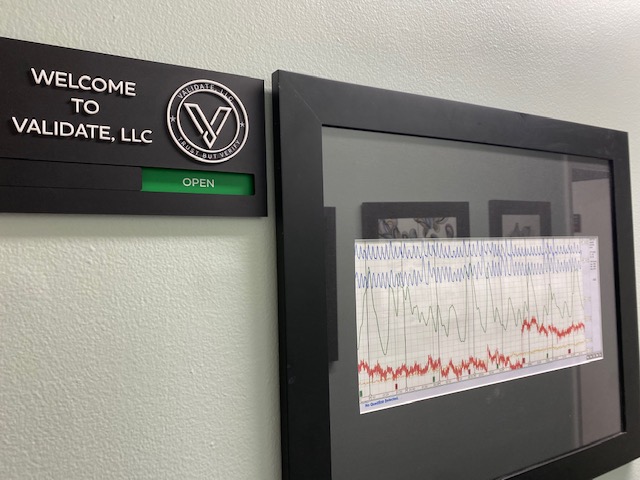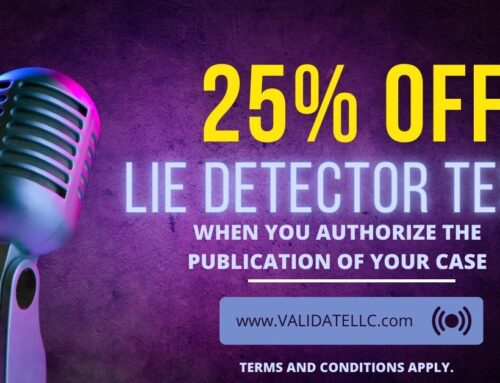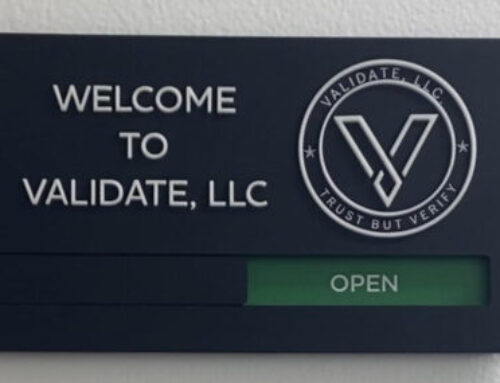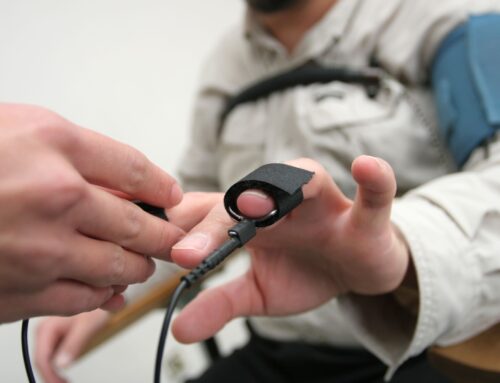Private or Public Polygraph Exam? – Pros and Cons of Sharing Your Polygraph with the World
Polygraph exams, also known as ‘lie-detector tests’, are becoming increasingly popular as an investigative tool for both private and public use. Polygraph tests measure physiological responses to questions asked in order to determine whether someone is telling the truth or not. However, all polygraph exams are not private and confidential. Let’s take a look at some of the differences and benefits of public and private polygraph exams.
Public Use of Polygraph Exams
In some cases, public agencies may require job applicants to submit to a pre-employment polygraph exam so that they can assess their honesty and integrity. This helps ensure that only those with clean records will be accepted into the position. Additionally, law enforcement agencies may also require criminal suspects to take a polygraph exam if they feel there is sufficient evidence against them but would like more information before making an arrest. These exams are not private or confidential as they are the property of the agency and may be used against. Polygraph exams done for entertainment purposes are also not private as they are owned by the entertainment company that purchased the exam and will be published. Civil polygraph exams are those that are done on behalf of private citizens, such as a couple testing for infidelity. By default, all civil polygraph exams are private and confidential unless otherwise authorized. In some case, private citizens will wave their right to privacy and give permission for the examiner/business to share their exam publicly.
Pros:
- Save money: In exchange for waving their right to privacy and allow their information to be shared, polygraph business usually offer a steep discount saving on their polygraph exam saving clients money. Validate, LLC will do any murder, sexual assault or child molestation polygraph exam for FREE in exchange for all parties waving their right to privacy so that we can share the information publicly. For a limited time only, Validate, LLC will do any topic of polygraph exam (conditions apply) for free in exchange for all parties waving their right to private so that we can share the information publicly.
- View the exam: Polygraph exams are done in private so this gives other invested parties the unique opportunity to actually watch the exam when they wouldn’t normally have the opportunity to do so.
- Have a record: Having the exam publicly shared gives a video record of the exam that client’s wouldn’t otherwise receive.
- Quickest way to clear your name: If you pass, everyone will be able to Google your results and it may be one of the quickest ways to clear your name.
Cons:
- You can’t change your mind: Nothing really leaves the internet even if deleted so once it’s been published, it can’t be undone. It’s their forever.
- You don’t know what’s going to happen: You’ll need to agree prior to exam process and you don’t know what’s going to happen.
- You’ll have to live with the consequences: Pass or fail, you and those involved will have to live with the consequences for the rest of their lives.
Private Use of Civil Polygraph Exams
For many couples who suspect their partner of cheating, taking a private polygraph exam can help bring peace of mind or clarification about the status of their relationship. It can provide closure for one partner or give the other partner the chance to prove their innocence and rebuild trust with their partner. Private investigators may also utilize polygraphs during investigations in order to gain additional information from witnesses or suspects that could otherwise not be obtained through normal means. Lastly, therapists may sometimes recommend polygraph exams for clients who are struggling with trust issues or feelings of guilt or shame due to past indiscretions.
Pros:
- Everything stays private and confidential.
Cons:
- No cost savings: You’ll pay the normal price of any other client.
Conclusion:
Overall, public and private polygraph exams can be beneficial tools depending on the situation. However, it is important to remember that these tests are not 100% accurate and should never be used as the sole form of evidence in legal matters nor should they be relied upon as absolute proof that someone is lying or telling the truth in regards to personal relationships. If you think you might benefit from taking a private polygraph exam (or if you’ve been asked by an employer or law enforcement agency to take one), make sure you consult with an experienced professional first so you know exactly what you’re getting into beforehand.






Leave A Comment